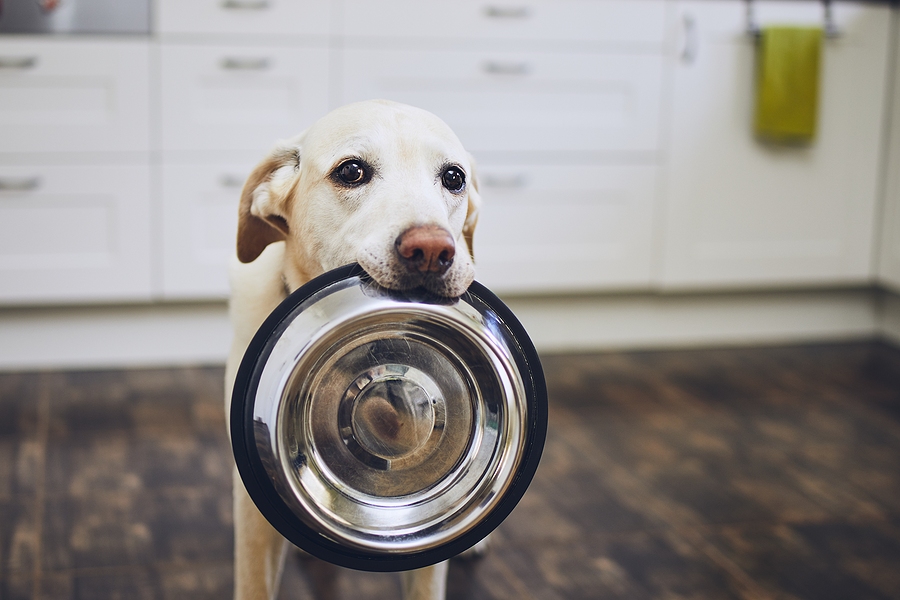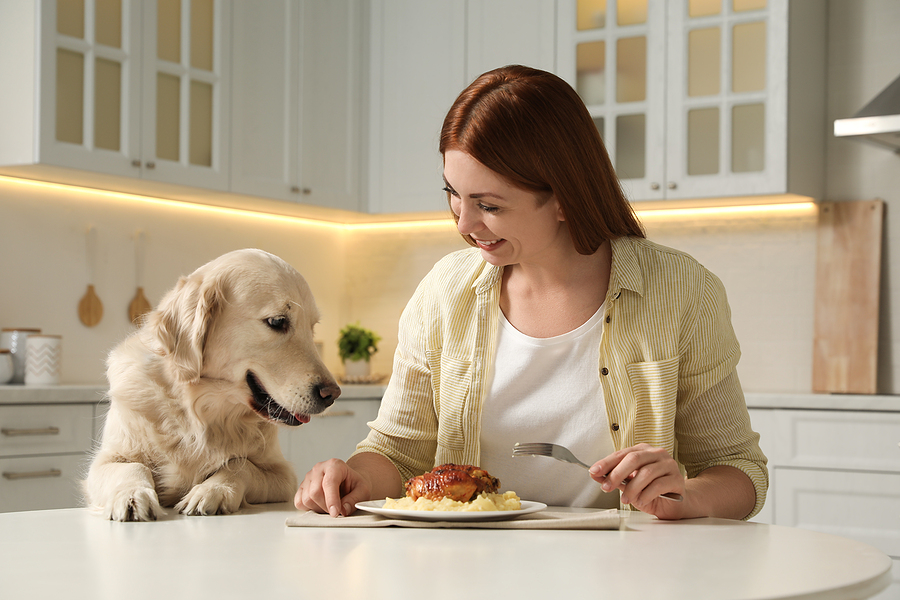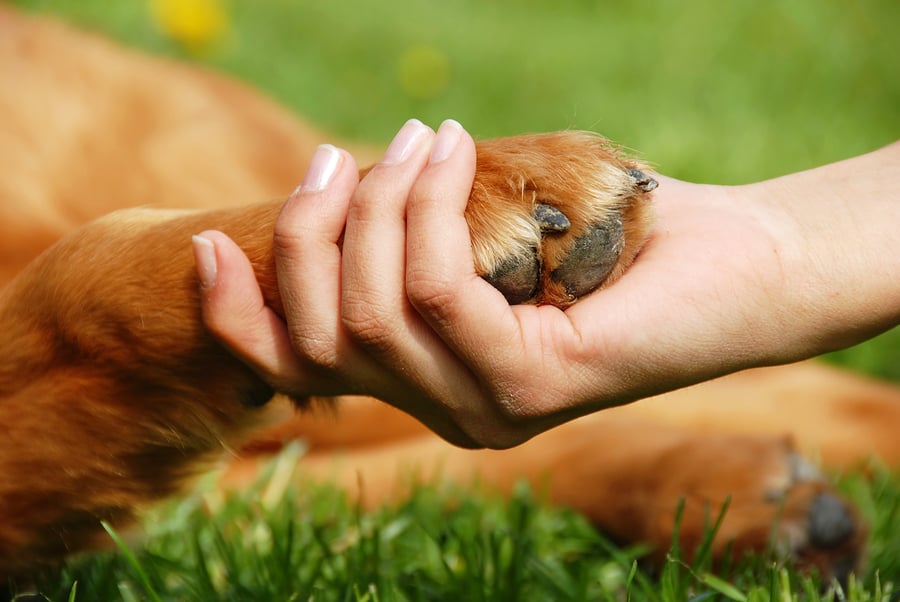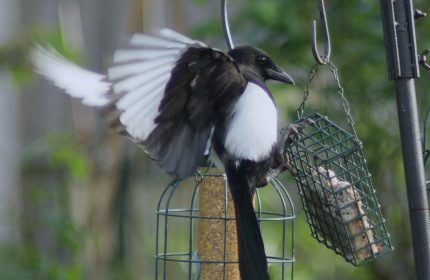Our guide to doggy snacks
Many fruits and vegetables are toxic to dogs
With the growing trend for feeding our dogs raw food, we thought we would take a look at some common foodstuffs to see if they are safe or unsafe snacks for our furry friends.
It is very tempting to throw your dog the odd scrap of food every now and then, after all, they’re part of the family, can’t they eat what we eat? Well, not really…
It is very important to make sure you know which food could harm your dog and if you’re feeding your dog anything new for the first time, monitor them for signs of allergies. If you have any questions or concerns about how much food or which particular food to give your dog, consult your vet.

Safe foods for dogs
Eggs are perfectly safe for your canine companion and a great source of nutrition. They are high in protein, vitamins, and fatty acids that help support your dog inside and out.
Bananas are a great treat for dogs but should only be consumed in small quantities as they are high in sugar.
Banana peel, however, although not toxic to dogs, is hard to digest and may cause a blockage. Even without the peel, feeding your pup too many bananas can cause stomach upset so it is recommended that large dogs should only eat one-half of a banana a day, while small dogs should only have two to three small pieces daily.
Apple slices make a delicious, healthy snack for your dog and can help keep your dog’s teeth clean and their breath fresh.
However, apple seeds contain a small amount of cyanide which is released when they’re broken or chewed and so do not let your dog eat the whole apple.
Carrots are safe and nutritious for dogs to eat. In fact, every part from the carrot itself to its leafy green top is ideal for dogs to eat as a snack. Try freezing a raw carrot and giving it to a teething puppy and just chewing on a raw carrot will help with dental hygiene.
Peas are a great healthy snack for your dog. They can even eat the pods quite safely. As with carrots, try giving frozen peas to your teething pup.
Cucumbers are perfectly safe for dogs to eat, and offer a low-calorie, crunchy snack that many dogs love.
Potatoes are fine to feed your dog as long as they are cooked with no oil or seasoning, a simple baked or boiled potato would work well. They are a good source of potassium and carbohydrates.
Cheese can be safe to feed your dog but it is high in fat so feeding too much could cause weight gain and lead to obesity.
Peanut Butter is a snack that dogs seem to love but be careful to buy a brand that is xylitol-free as this can be toxic to dogs.
Yoghurt contains calcium and protein and is good for dogs but dogs should only eat plain yogurt with no added sugar. Greek yogurt is the best choice as it has significantly less lactose than regular yoghurt.
Tinned tuna can be fed to your dog but make sure you choose the type that’s packed in fresh water instead of oil or salted water. It is also recommended to feed in moderation and only infrequently.

Foods that can be toxic for dogs
Grapes and raisins may seem harmless but a small amount could cause irreversible kidney damage and failure quite quickly.
Pips, seeds and stones from many fruits contain cyanide and can be extremely harmful to your dog.
Chocolate contains theobromine which is bad for dogs and too much can be toxic or even deadly. Darker and more expensive chocolates usually have more theobromine and are more likely to be harmful.
Nuts, such as Macadamia, cashews, and pistachios are poisonous to dogs. Those that aren’t toxic are high in fat and should be avoided.
Avocados contain a toxin called Persin in levels that are harmless to us but can cause breathing problems, sickness and diarrhoea to your pet.
Unripe tomatoes and the tomato plant are harmful to dogs. They contain ‘tomatine’ which can cause damage to the nervous system, kidneys and digestive tract.
Onions and garlic can also be harmful and can destroy your dog’s red blood cells.
If you think your dog may have eaten something it shouldn’t or if they are showing any signs of unusual behaviour, contact your vet straight away for advice.
What do you feed your dog as a snack?
Melina - Assistant Editor
Latest posts by Melina - Assistant Editor (see all)
- Cream Cheese Orange Bars - May 2, 2024
- Top tips for hay fever sufferers - April 14, 2024
- Paysan Breton Cream Cheese Breakfast Wraps - April 12, 2024
- 4 Homemade Sweet Treats for Easter - March 24, 2024
- Playground Memories - March 10, 2024





















